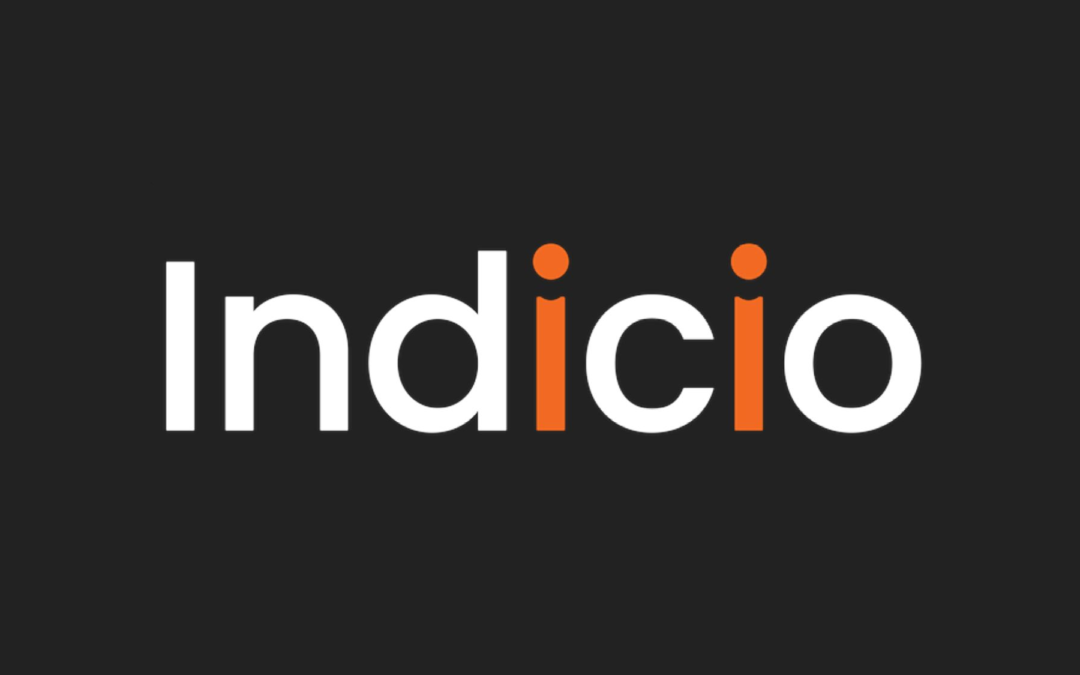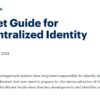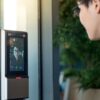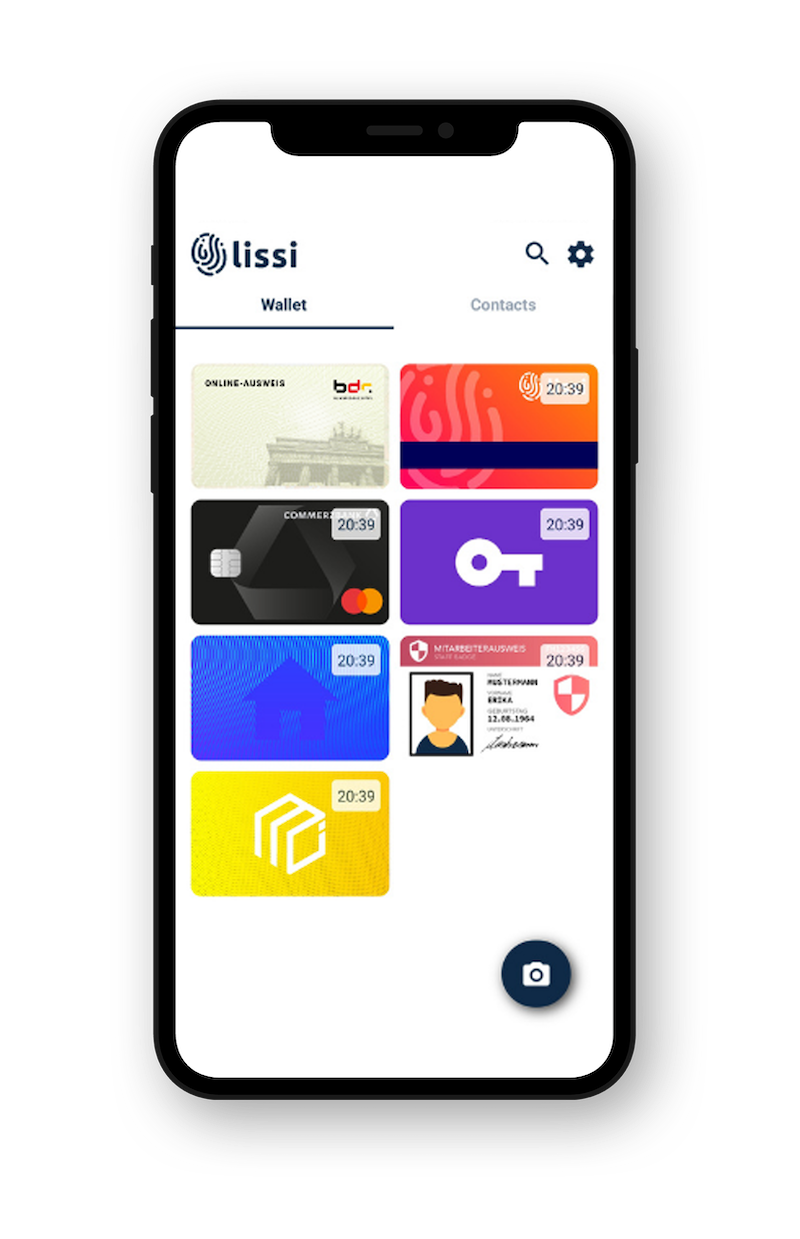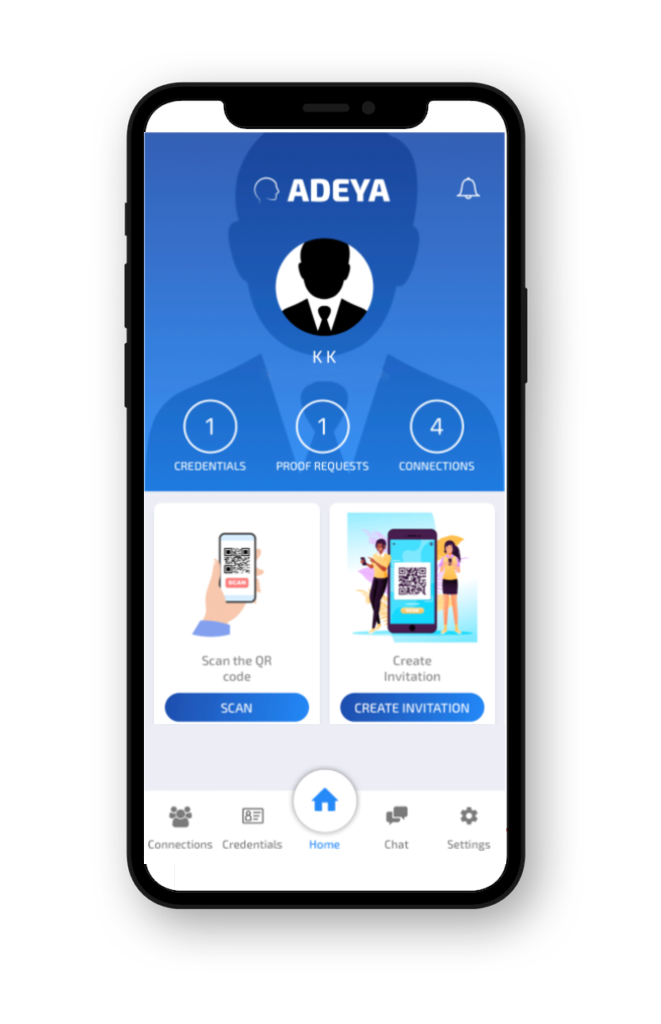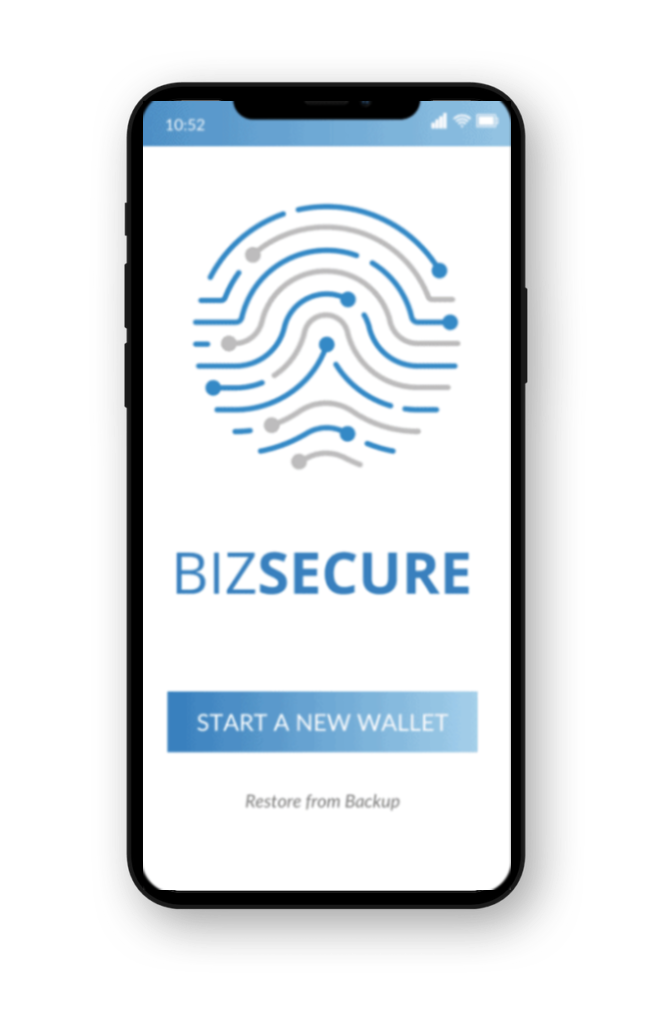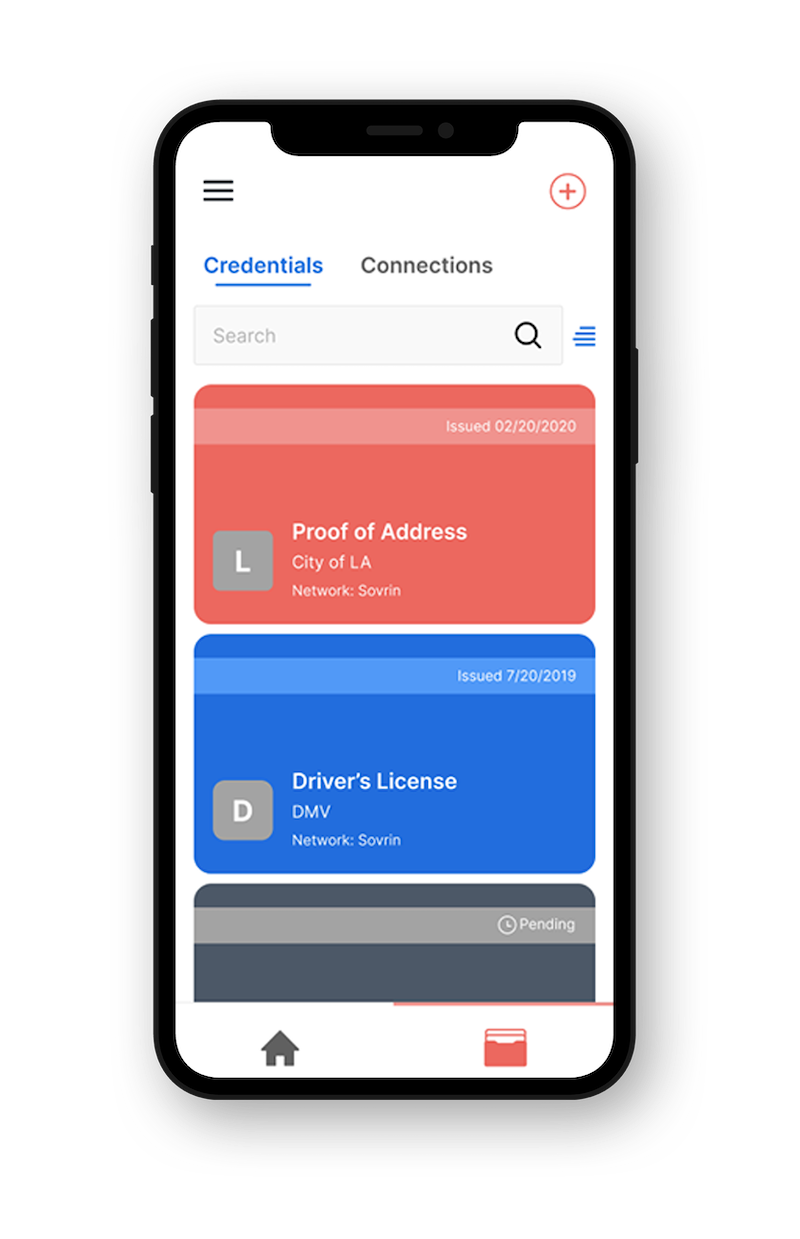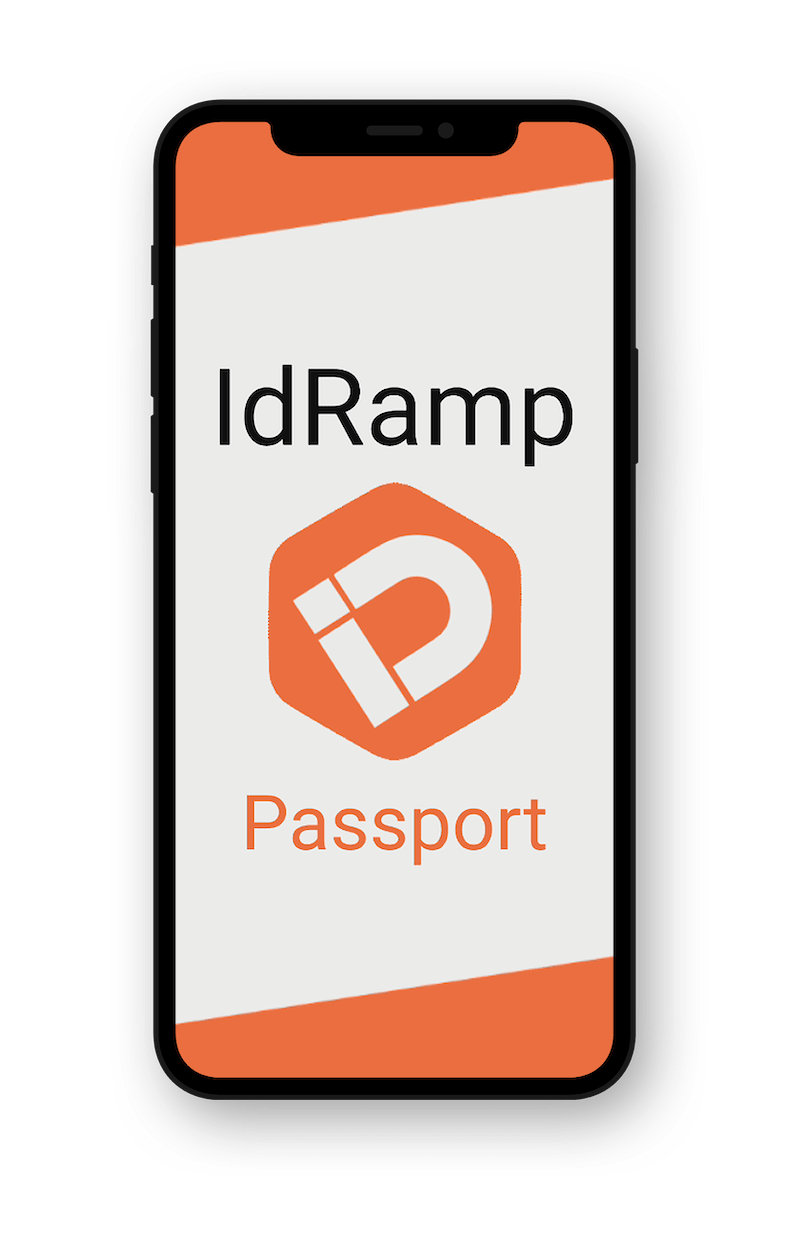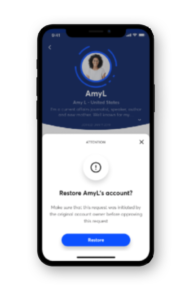Now on LinkedIn! Subscribe here
The Cardea White Paper is Now Available
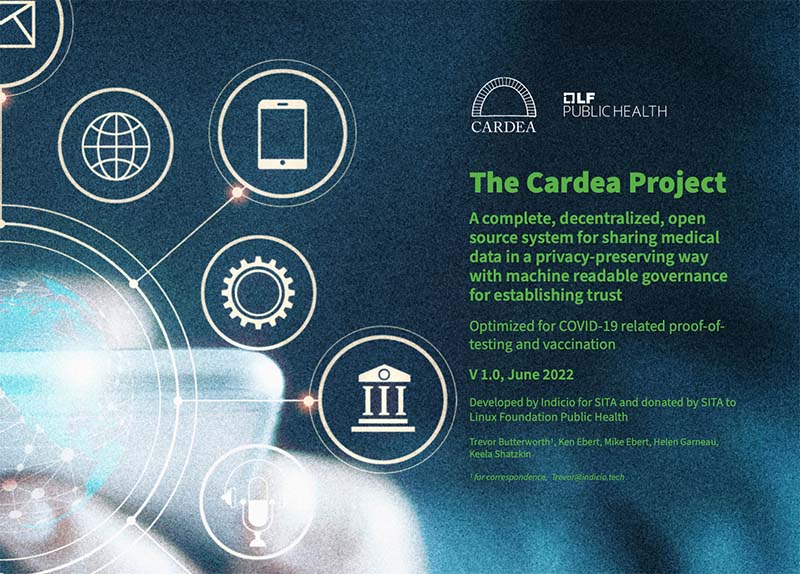
The Cardea Project at Linux Foundation has released its first white paper — “The Cardea Project: A complete, decentralized, open source system for sharing medical data in a privacy-preserving way with machine readable governance for establishing trust.”
Cardea emerged as a response to the global pandemic and the need for a privacy-preserving way to prove Covid testing and vaccination status for air travelers. Developed by Indicio for SITA, the largest provider of IT to the air transport sector, in conjunction with the government of Aruba, the codebase was donated to Linux Foundation Public Health, where it continues to be developed by a community group of companies to address a much broader set of health data needs.
This white paper has been written by this community (which includes Indicio) and explains the history, implementation, and — most importantly — the mechanics of Cardea in a step-by-step explanatory style that presumes no prior knowledge of decentralized identity.
In fact, more than anything, the Cardea white paper is a perfect introduction to decentralized identity, the value of an open source approach to technology, the benefits of using verifiable credentials to create actionable data, and the opportunities that are created by this powerful new technology.
The importance of DIDs and DIDComm

Indicio Deputy CTO Sam Curren was recently featured on the “This Week in Tech Podcast” to discuss why DIDs and DIDcomm are the best approach to identity. In short, it’s all about making people first-class citizens on the internet and reducing reliance on third parties to exchange information.
Bootstrapping Trust – Leveraging DIDComm to apply trust to existing technologies

Vic Cooper, CEO of HearRo, recently sat down with Indicio Deputy CTO Sam Curren to dive into the process of applying trust to other technologies and protocols via a DIDComm relationship. Over the course of the conversation you will learn what DIDComm is, why it is an improvement over traditional systems, and how HearRo is already deploying it in the real world.
Indicio Named Finalist for CRN Social Impact Award
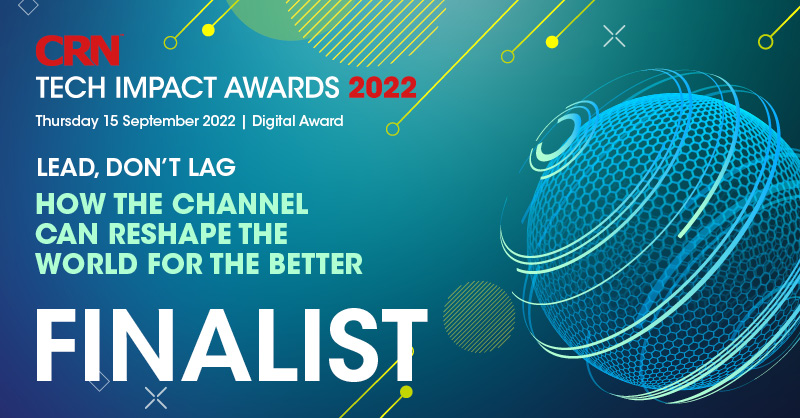
The CRN Tech Impact awards are given to IT vendors, distributors, and resellers for their social and environmental impact. This year, Indicio is a finalist in the “Social Impact Project Category” for its work with SITA and the Government of Aruba on verifiable credentials for travel, resulting in a complete open source decentralized ecosystem for issuing, holding, and sharing health data in a privacy-preserving way. The nomination follows on SITA’s recent award at the European Identity and Cloud Conference.
Global Identity Market Signals

In this blog series we take a look at some of the most exciting digital identity projects and some of the lessons learned from around the globe! In this issue you can read about the EU digital ID wallet, the state of digital ID in Canada, how digital identity can help with the world refugee crisis, and more.
Deploy Your Own Private Network for Critical Performance Testing

Indicio announces the release of their latest network — the TempNet — a private, production level network for conducting security and vulnerability tests. As Lynn Bendixsen, Indicio Director of Network Operations, explains: “We take the responsibility for hosting, maintaining and updating [a TempNet]. Test it, break it, record it, demo with it, then when you’re done, you walk away and leave us to clean it up and decommission it.”
Upcoming Events
Here are a few events in the decentralized identity space to look out for.

